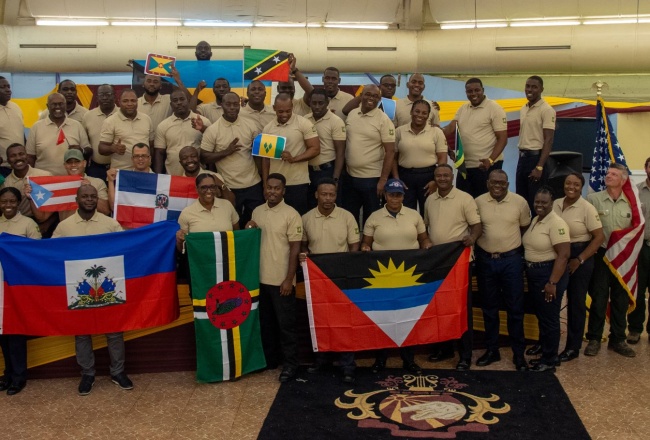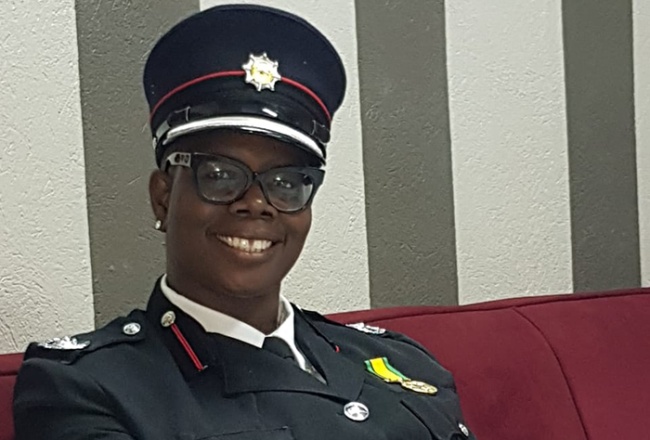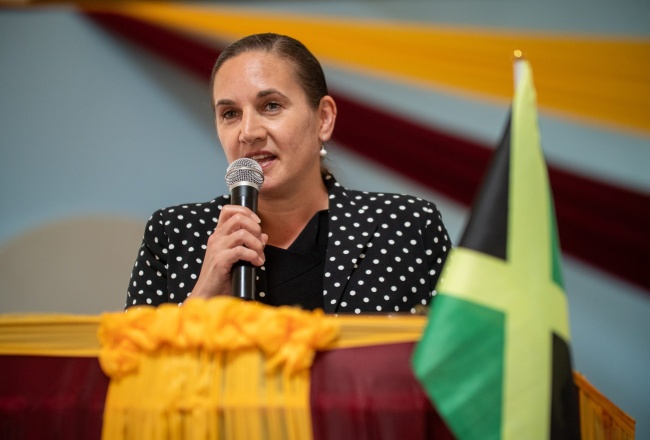Local Firefighters Get Training In Bush Fire Management
By: , June 27, 2023The Full Story
The capacity of the Jamaica Fire Brigade (JFB) to combat bush fires has been strengthened.
Thirteen local firefighters were among a group of 35 personnel from across 13 Caribbean countries who benefited from training in bush fire management, which was conducted by the United States Forest Service (USFS) through its Natural Infrastructure for Caribbean Resilience (NICaR) programme.
Bush fires, also called wildland fires, have increased in frequency and intensity over the last several years, because of climate change, which has caused drier and warmer fire-weather conditions.
Speaking at the closing ceremony for the week-long training held at the University of the West Indies (UWI) Mona campus in St. Andrew on June 23, Deputy Commissioner of the JFB, Julian Davis Buckle, said the representatives will create a repository of knowledge that can be used to mitigate the risks associated with bushfires.
She noted that the training marks a significant milestone in the JFB’s ongoing commitment to “safeguarding our land of wood and water”.
“By joining forces and sharing knowledge, expertise and resources, we will be able to create a robust network of support empowering each other to address fire-related issues,” she noted.
Political and Economic Counsellor and Acting Deputy Chief of Mission at the US Embassy in Kingston, Nicole Weber, said collaboration on bush fire management is important for the future of each country.
She commended the participants. “Now I feel reassured that we have such professionals as yourselves that really know how to manage and will be able to contain the damage once the fires come around next year,” she noted.
The training course, which was funded by the US Department of State was conducted through the NICaR Wildland Fire Academy and delivered at the Mona campus in St. Andrew from June 19 to 24.
Training featured interactive workshops, practical field exercises, and simulations covering topics such as wildland environment components, human performance concepts, fire line construction and tools as well as communication methods.
The 13 participating countries included Antigua & Barbuda, Barbados, Dominica, Dominican Republic, Grenada, Haiti, Jamaica, Puerto Rico, St. Kitts & Nevis, St. Lucia, St. Vincent & the Grenadines, Trinidad & Tobago and The Bahamas.
A major outcome of the training is the establishment of a Caribbean Wildland Fire Group that will contribute to standardising approaches to wildland fire prevention and management and building capacity to improve the region’s overall adaptation to climate change.






